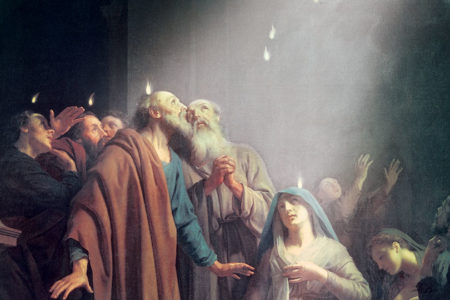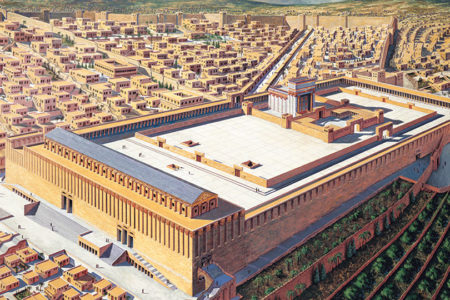Glossary for the Emerging Church Movement
Absolutism: theory of objective values; a philosophy in which such values as truth and morality are absolute and not conditional based on human perception.
Conversation: expresses the desire to interact and share ideas between individuals who are traveling the road with Jesus while living in a postmodern world. No person or group speaks officially on behalf of the emerging church. Those within the movement prefer this term for the concept it implies.
Deconstruct: another word for change. If the church seeks to reach the postmodern world, it must change how church is done. What has been done in the past must be broken down and rebuilt.
Emergent Village: an organization begun in the United States and United Kingdom in 2001 to fund the theological imaginations and spiritual lives of all who consider themselves a part of the broader movement. An intellectual and philosophical network, it has its own Web site: www.emergentvillage.com.
Emerging Church: a worldwide, informal group of pastors and church leaders who believe that change is a constant feature in our world. They believe the church must change and adapt to our postmodern world. Most within the “conversation” understand what they are emerging from (modernism) far better than what they are emerging into. While there are no official spokespeople, there are a number of advocates who lecture on the “movement.”
Epistemology: how we know things; the method or means of attaining knowledge.
Metanarrative: universal guiding principles, systems of thought, grand stories that control and interpret reality; the big story.
Missional: a key word within the emerging church. It denotes a desire to be a participant with God in the lives of unbelievers. The emerging church believes we live as Christ among people and participate in God’s work of reconciliation.
Modernism: a worldview (epistemology) spanning about 350 years from 1650–2000. It emphasizes rationalism, science, technology, and empiricism (the belief that knowledge and truth are derived from experience and observation, especially as used in the scientific method). Modernism holds to a single moral standard, where truth is absolute. Individualism is highly valued, and the use of logic is the norm. The “conversation” believes this view comes across as harsh.
Postmodernism: a worldview (epistemology) characterized by an aversion for absolute truths; an age in which knowledge is shaped by culture and community is valued more than individuals. Postmodernism is enamored with words like diversity, tolerance, subjectivity, and humility. It supposedly comes across as gentle.
Pluralism: the existence of groups with different ethnic, religious, or political backgrounds within one society.
Relativism: the belief in standards that move according to circumstances. Right and wrong are not always right and wrong, and truth and falsehoods are not always that way. It is normal for a postmodern person to think relatively.
Reconstruct: what happens after the changes are made in order to reach the postmodern generation.
Note: Much of this information came from Becoming Conversant With the Emerging Church by D. A. Carson and The Emerging Church by Dan Kimball.







